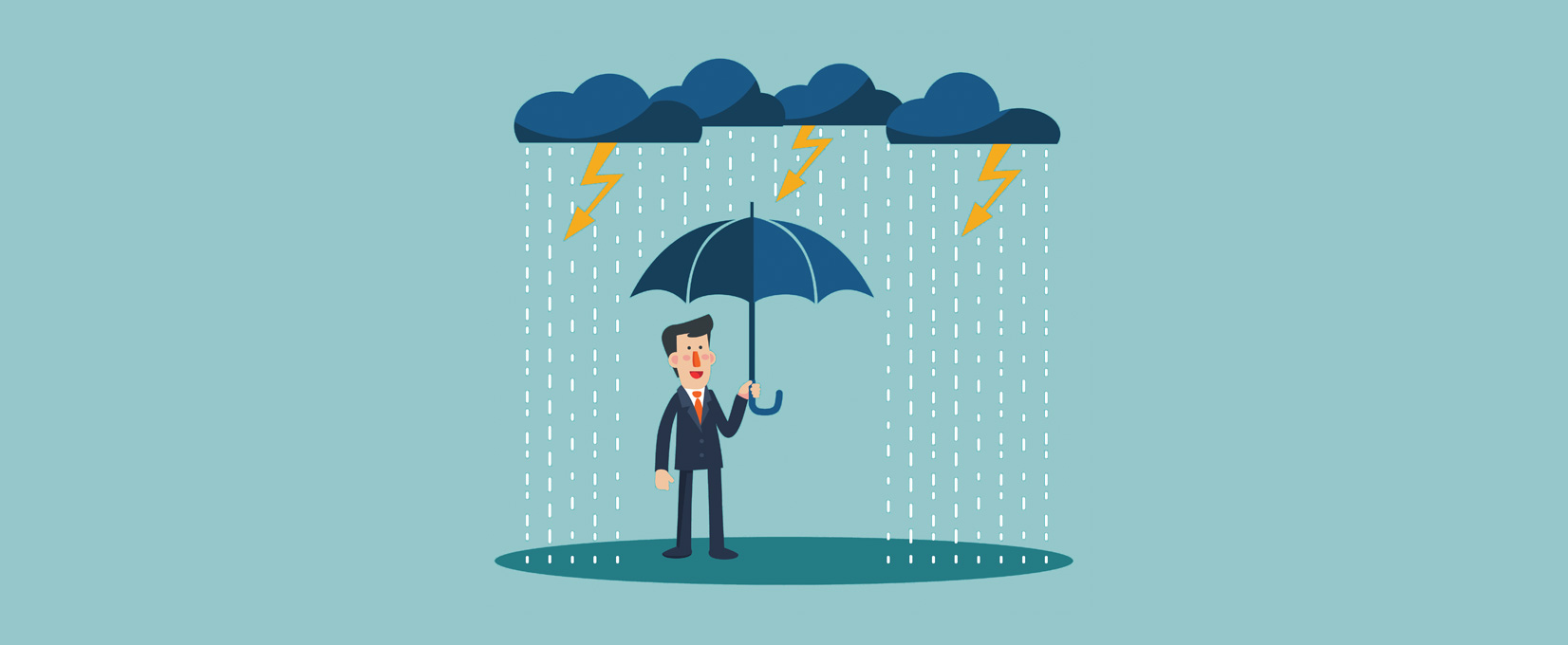Just as it is sometimes necessary to block certain email senders from sending spam, it is also sometimes necessary to prevent certain eBay users from placing a bid or buying an item. For this reason, eBay allows sellers to block users from bidding on or buying their items in a couple of different ways. Read on to find out the how and why of blocking potential buyers on eBay.
Blocking individual buyers
The first method of blocking on eBay involves preventing individual users from bidding on or buying a seller’s items. Up to 5000 usernames can be added to a seller’s personal block list. eBay members on this list will be unable to bid or buy items until removed from the list. Removing a member is as simple as deleting their username from the list.
Note that these blocked users can however still contact the seller concerned with questions or comments unless the default setting is changed (either via My eBay > Account > Site Preferences > Buyer Requirements or Seller Hub > Overview > Shortcuts > Site Preferences).
Buyer requirements
Aside from blocking individual users, eBay sellers can also exclude buyers who fall into certain categories from bidding for or buying their items. Sellers are able to set buyer requirements and restrict users who:
- Have a history of unpaid items
- Do not have a PayPal account
- Have violated eBay’s policies
- Have a negative Feedback rating
Within the buyer requirement settings, eBay also allows sellers to exclude specific shipping locations from their listings. This means that buyers who have a primary address in an excluded country/state or territory will be unable to make a purchase.
Buyer requirements can be set via My eBay > Account > Site Preferences ( Seller Hub > Overview > Shortcuts > Site preferences) and then buyer requirements. Alternatively, sellers can also set requirements for individual listings using the ‘other things you’d like buyers to know’ section on the listing form.
Keep in mind:
- When changing buyer requirements for all listings, the new settings will only impact only future listings unless active listings are also specifically selected.
- It is possible for sellers to exempt particular buyers from any requirements set. This means that they can still bid or purchase items, even if their primary address is located within a blocked country for example.
Why sellers block buyers: Negative incidents
There are two main reasons why sellers would block buyers. The first is after a negative incident with an individual that the seller does not wish to engage with again. There are many different situations why this may occur but some common scenarios include the buyer:
- Leaving negative Feedback for the seller
- Not paying for a purchased item
- Opening a dispute case that the seller does not agree with
- Sending abusive or negative messages to the seller
- Asking the seller to break eBay policies
- Threatening the seller with Feedback extortion
After these type of situations, it is understandable that a seller may want to add the specific buyer to their eBay block list. This way, the seller does not run the risk of having to transact with this individual again. With sellers being unable to give buyers negative Feedback, blocking buyers is the only way a seller can take action after an unsuccessful transaction.
Why sellers block buyers: Preventatively
Sellers can use eBay’s blocking options to exclude users that they anticipate might be difficult to transact with. There are two methods that sellers use to preventatively block buyers:
- Setting buyer requirements to exclude groups of users who may be potentially troublesome based on seller’s experience on eBay e.g. the seller has had a lot of packages sent to one particular country go missing so decides to block users who have their primary address in this country
- Adding specific individuals to their block list who are displaying difficult behaviour before the sale e.g. potential buyers who ask to sell off eBay, make unreasonable demands, send abusive messages or are trying common scam tactics. Some sellers also choose to block individual buyers with zero Feedback that happen to ask questions about the item before purchasing.
To block or not to block?
When considering whether to block users, remember that:
- Using the buyer requirements settings to exclude groups of users does lower the number of potential buyers. Sellers should weigh up whether having smoother transactions (in theory) is more important than less potential customers.
- Everyone has to start somewhere! Buyers with low Feedback are not necessarily troublesome based on this fact alone. It usually just means they are new to the site.
- Rather than blocking specific countries via the buyer requirements, sellers could also consider using the Global Shipping Program. This means that the issue of actually shipping the item internationally is taken out of the equation.
- Some sellers actively use both preventative methods to screen potential bidders or buyers. Other sellers choose to only block buyers they have had a problem with during a transaction. The best things to do is test and see what works best for your eBay business.
How do you decide whether to block eBay buyers and bidders?



